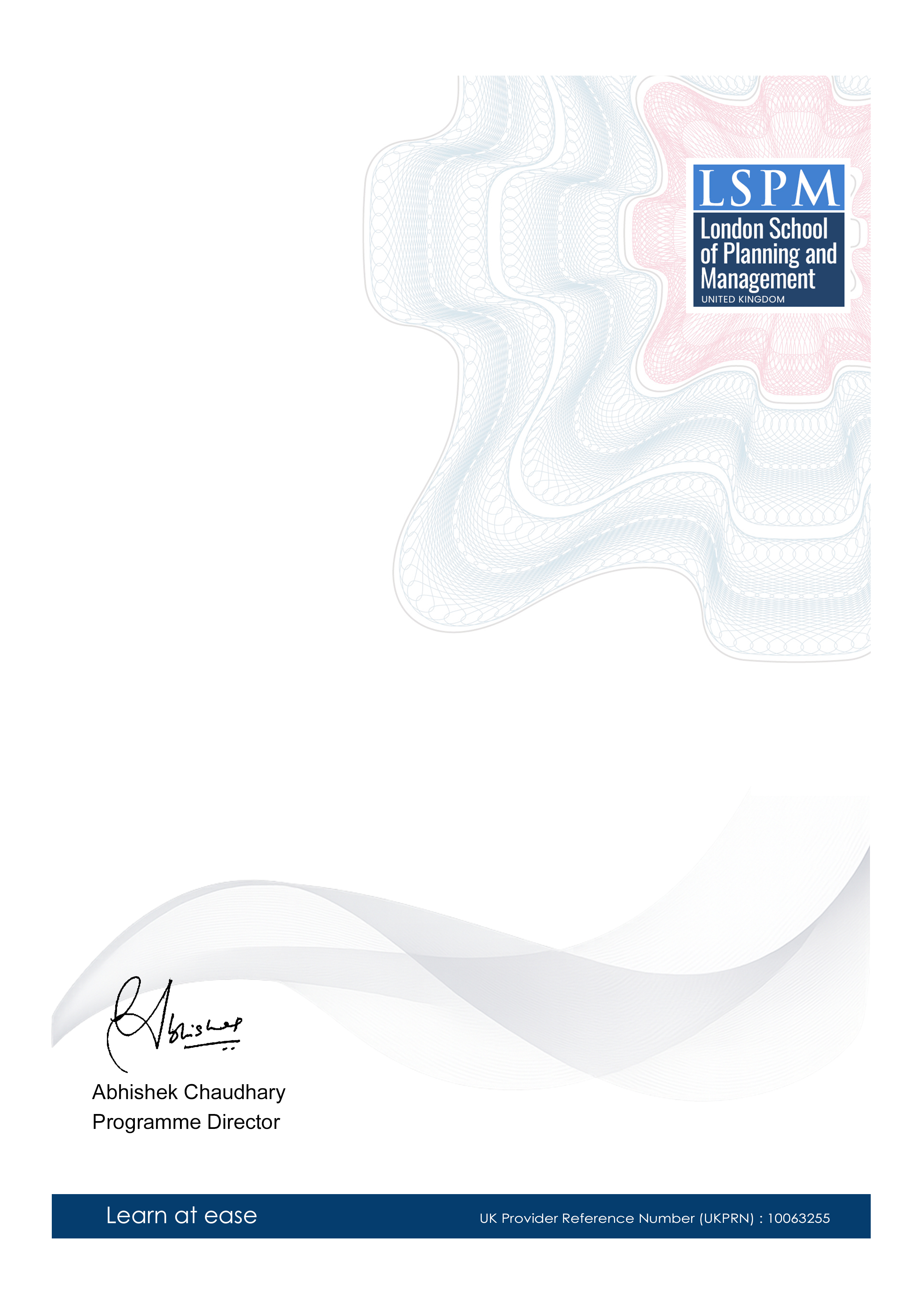Designing Robots for Nutrition Assistance
-- viewing nowThe Designing Robots for Nutrition Assistance certificate course is a valuable program that empowers learners with essential skills for career advancement in the growing field of robotics and nutrition. This course is critical in an era where healthcare systems are under pressure to provide high-quality care to an aging population, and nutritional assistance is in high demand.
5,398+
Students enrolled
GBP £ 149
GBP £ 215
Save 44% with our special offer
About this course
100% online
Learn from anywhere
Shareable certificate
Add to your LinkedIn profile
2 months to complete
at 2-3 hours a week
Start anytime
No waiting period
Course details
•
Robot Design Fundamentals - Examine the basics of robot design, including materials, structure, and actuators.
•
Sensing and Perception - Delve into the technologies used for robots to sense and interpret their environment, such as cameras, ultrasonic sensors, and infrared sensors.
•
Gripper Design - Explore the design and implementation of robotic grippers to handle and manipulate food items.
•
Motion Planning - Study the algorithms and techniques used for robots to navigate and move efficiently in a confined space, such as a kitchen.
•
Machine Learning & AI - Examine the use of machine learning and artificial intelligence techniques in robotic systems to improve decision-making and adaptability.
•
Human-Robot Interaction - Learn about the principles and practices of designing robots that can safely and effectively interact with humans, particularly in a nutrition assistance context.
•
Safety and Regulations - Examine the safety standards and regulations for robots used in food preparation and handling.
•
Prototyping and Testing - Explore the process of prototyping, testing, and iterating on robot designs to ensure they meet the requirements for nutrition assistance.
Career path
Entry requirements
- Basic understanding of the subject matter
- Proficiency in English language
- Computer and internet access
- Basic computer skills
- Dedication to complete the course
No prior formal qualifications required. Course designed for accessibility.
Course status
This course provides practical knowledge and skills for professional development. It is:
- Not accredited by a recognized body
- Not regulated by an authorized institution
- Complementary to formal qualifications
You'll receive a certificate of completion upon successfully finishing the course.
Why people choose us for their career
Loading reviews...
Frequently Asked Questions
Skills you'll gain
Course fee
- 3-4 hours per week
- Early certificate delivery
- Open enrollment - start anytime
- 2-3 hours per week
- Regular certificate delivery
- Open enrollment - start anytime
- Full course access
- Digital certificate
- Course materials
Get course information
Earn a career certificate

